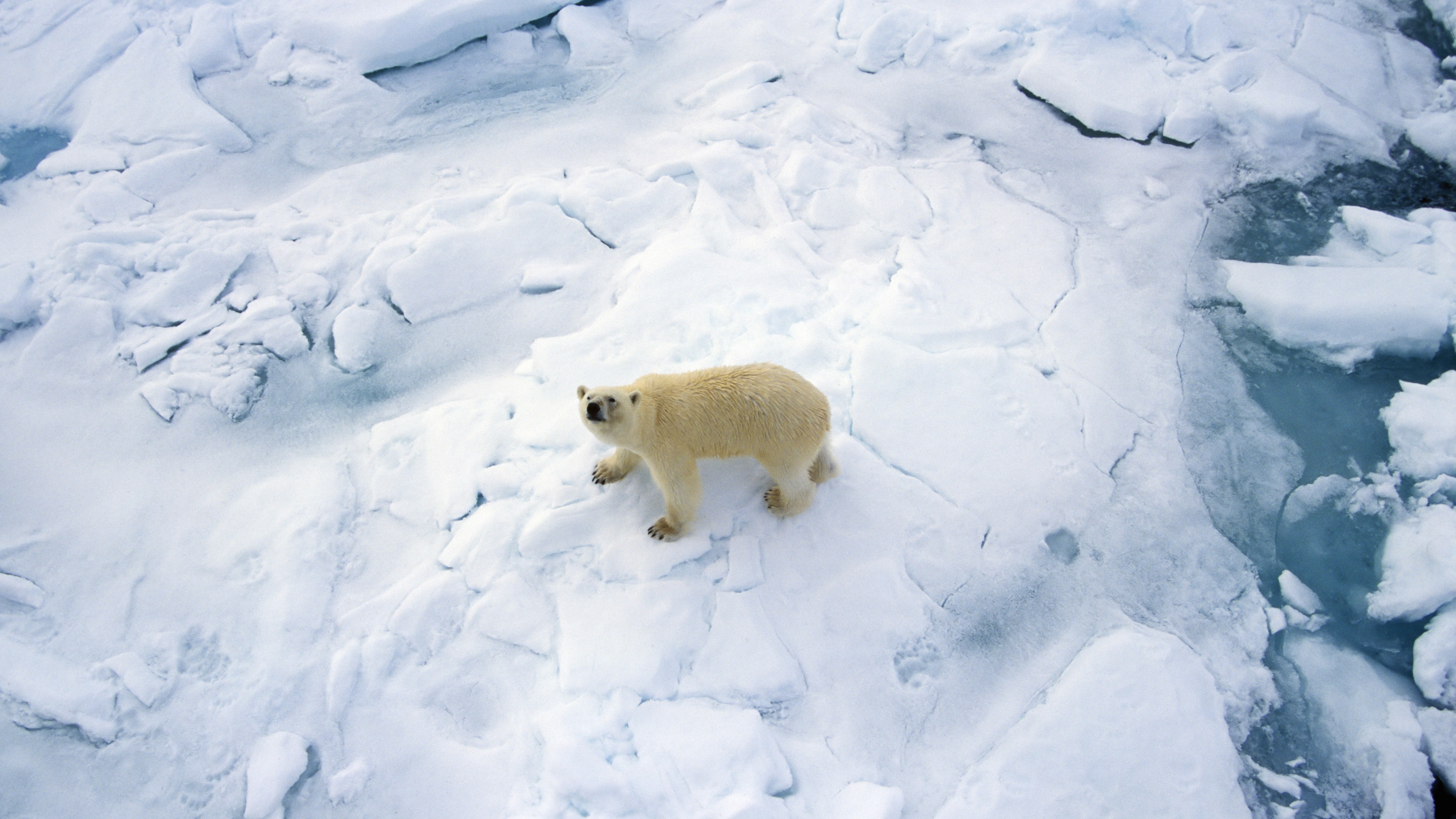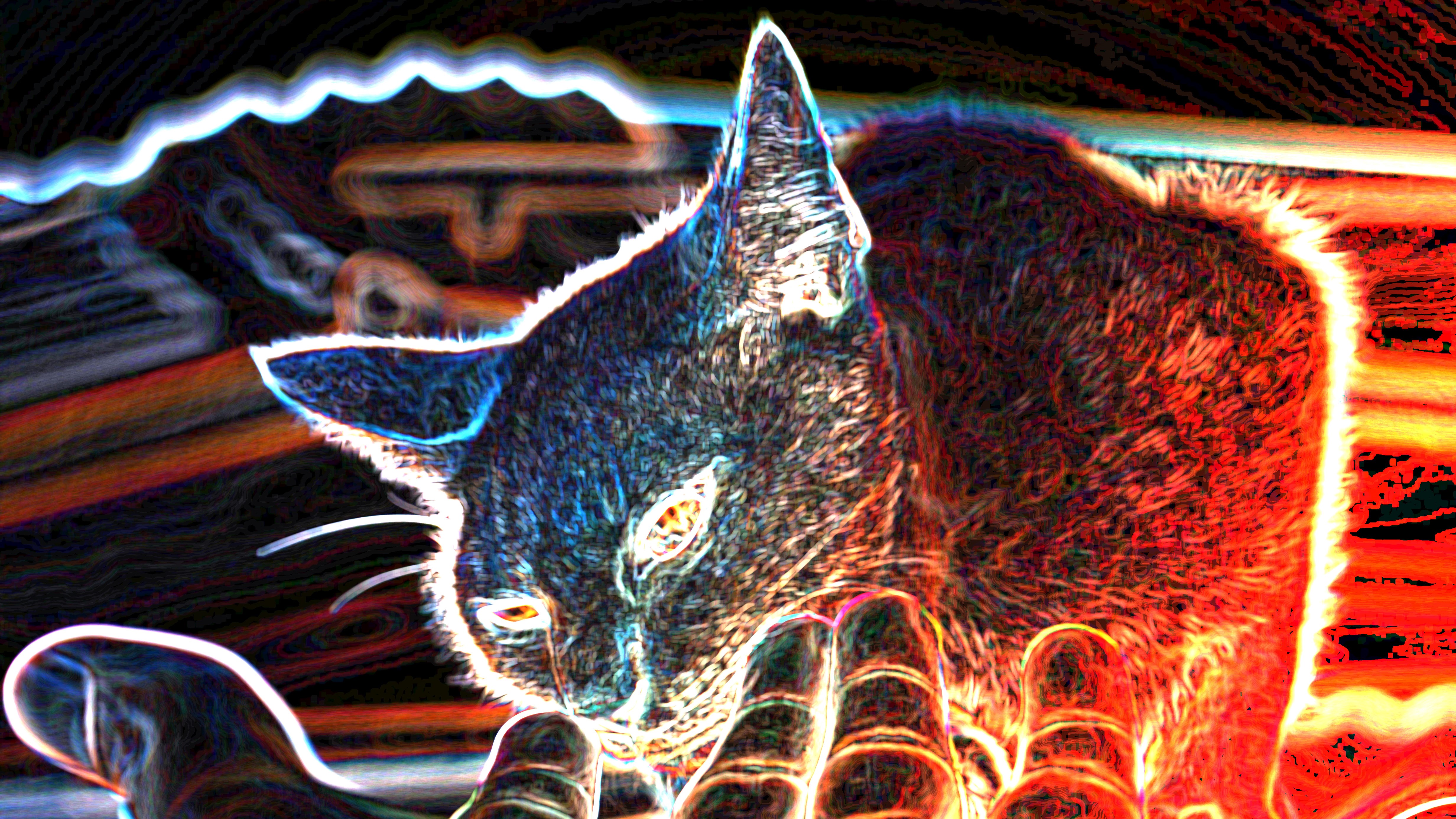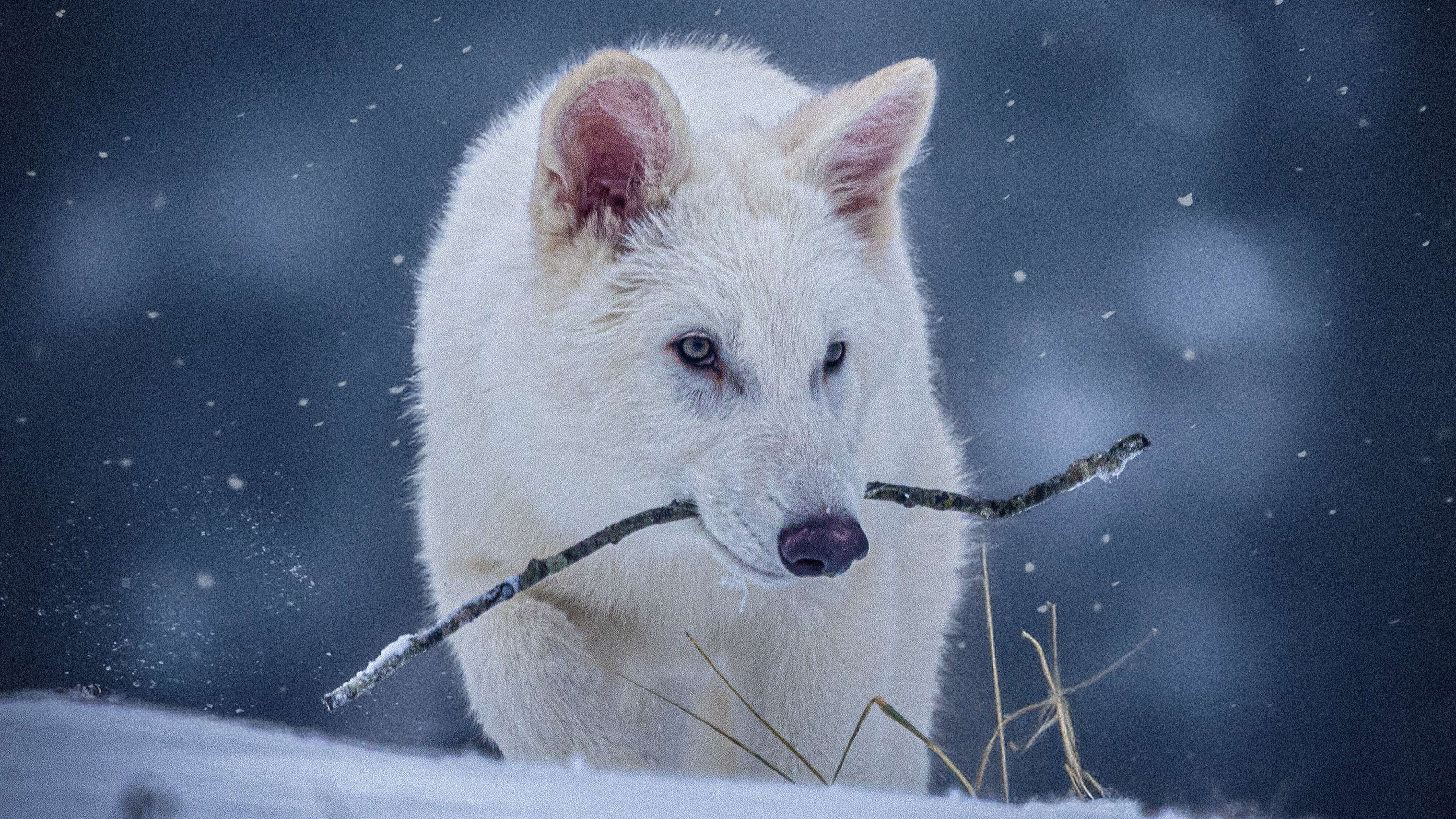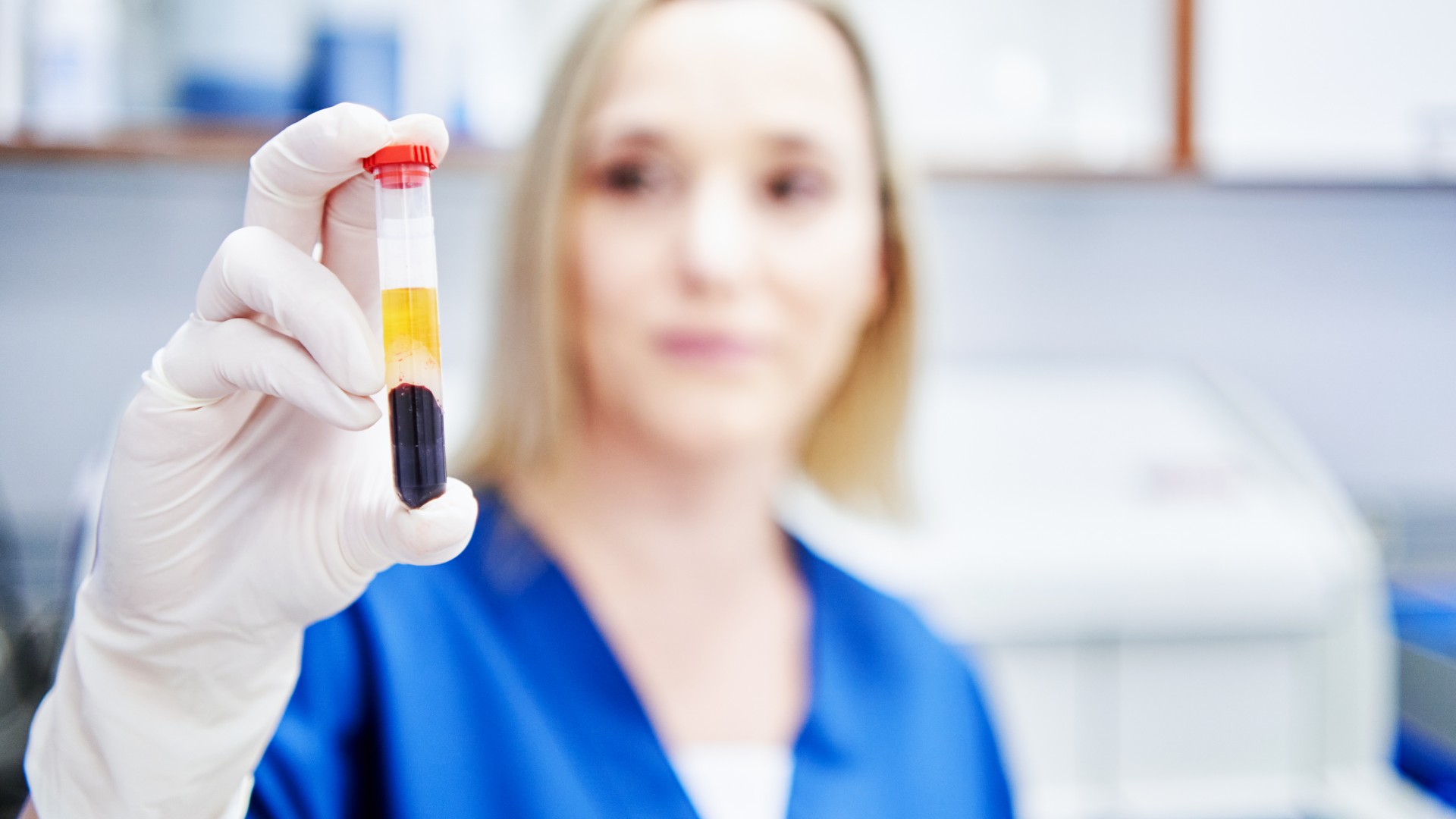1st suspected case of human-to-dog monkeypox transmission reported in France
People with monkeypox should avoid contact with animals, including pets.

People infected with monkeypox may have passed the virus to their pet dog, scientists recently reported.
This potential case of human-to-dog transmission marks the first time that monkeypox infection has been observed in a dog and the first time that an animal has been suspected of contracting monkeypox from an infected human.
"This is the first incident that we're learning about where there is human-to-animal transmission," Rosamund Lewis, the World Health Organization's lead on monkeypox, told The Washington Post on Monday (Aug. 15). "So, on a number of levels, this is new information. It's not surprising information, and it's something that we've been on the watch out for."
It's key to note that, at this point, it's unknown whether an infected dog can pass monkeypox virus back to people, Lewis added. In a description of the first-of-its-kind case, published Aug. 10 in the journal The Lancet, researchers called for "further investigation on secondary transmissions via pets," meaning cases in which an infected pet transmits the virus to additional humans.
Related: Monkeypox may present with unusual symptoms, CDC warns
The recent case involved two men who were examined at the Pitié-Salpêtrière Hospital in Paris, France in early June, according to The Lancet report. The men are nonexclusive partners who live in the same household. Both had developed symptoms of monkeypox — including rashes, fatigue, headaches and fever — about six days after having sex with other people.
Since the start of the monkeypox outbreak, cases of infection have been heavily concentrated among men who have sex with men, but this trend doesn't indicate that the virus exclusively spreads through sexual activity or that men who have sex with men are particuarly prone to the disease — they are not. Anyone, regardless of sexual orientiation or behavior, can catch and spread the virus.
Sign up for the Live Science daily newsletter now
Get the world’s most fascinating discoveries delivered straight to your inbox.
Most often, monkeypox spreads from person to person through direct contact with an infected person's rashes, scabs or bodily fluids, including pus, mucus and saliva, or with materials contaminated with their bodily fluids, such as clothing or linens. This contact can occur during sex, but it can also occur during nonsexual close contact. The virus can also spread through respiratory droplets — meaning small drops of saliva and mucus — that are expelled from the mouth; this route of transmission becomes more likely during "prolonged" face-to-face contact or intimate physical contact, like kissing.
Twelve days after the two men contracted monkeypox, their 4-year-old Italian greyhound developed multiple lesions on its skin and mucous membranes, including large, pus-filled pimples on its abdomen and an ulceration on its anus. The dog then tested positive for monkeypox on a diagnostic test and a genetic analysis revealed that the virus that infected one of the men exactly matched the virus that infected the greyhound.
The patients said they let the dog sleep in their bed, but after their own monkeypox symptoms emerged, they'd been careful not to let the greyhound interact with any additional humans or other animals. The dog's symptoms developed about 13 days after the men's symptoms.
"To the best of our knowledge, the kinetics of symptom onset in both patients and, subsequently, in their dog suggest human-to-dog transmission of monkeypox virus," the researchers wrote in their report.
On Aug. 12, the U.S. Centers for Disease Control and Prevention (CDC) updated its website to note that dogs can be infected with monkeypox. The same pages lists several other animals known to be susceptible to monkeypox, including prairie dogs, squirrels, marmots, chinchillas, giant-pouched rats, hedgehogs, shrews, monkeys and apes. It's also possible that certain mice and domestic rabbits can catch the virus, but it's unknown whether cats can contract monkeypox, the CDC notes.
"People with monkeypox should avoid contact with animals, including pets, domestic animals, and wildlife to prevent spreading the virus," the CDC advises.
If your pet is exposed to monkeypox:
- Do not surrender, euthanize or abandon pets just because of a potential exposure or infection.
- Do not wipe or bathe your pet with chemical disinfectants, alcohol, hydrogen peroxide or other products, such as hand sanitizer, counter-cleaning wipes or other industrial or surface cleaners.
- If the person with monkeypox did NOT have close contact with pets after symptom onset, ask friends or family members who live in a separate home to be the animal's caretaker until the person with monkeypox fully recovers.
- After the person with monkeypox is recovered, disinfect your home before bringing healthy animals back.
For further guidance on how to care for your pet if you have monkeypox, or on what to do if your pet has been exposed to monkeypox or shows signs of infection, visit the CDC website.
Originally published on Live Science.

Nicoletta Lanese is the health channel editor at Live Science and was previously a news editor and staff writer at the site. She holds a graduate certificate in science communication from UC Santa Cruz and degrees in neuroscience and dance from the University of Florida. Her work has appeared in The Scientist, Science News, the Mercury News, Mongabay and Stanford Medicine Magazine, among other outlets. Based in NYC, she also remains heavily involved in dance and performs in local choreographers' work.
When will the US measles outbreak end?
'Fingerprints of cancer' found after scientists flash infrared light pulses at blood samples









